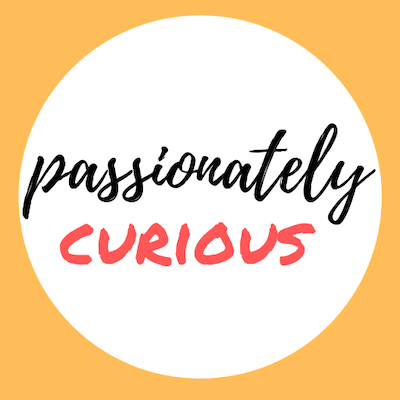"When you decide" determines "what you choose".
If you decide what you will eat when you are hungry, you are more likely to eat what's near and convenient over what's healthy and better for you.
If you decide what you will do when you are low on energy, you are more likely to choose Instagram over the book that you wanted to read.
If you decide whether to work out or not after you are tired from your day at the office, you are more likely to choose the couch over the gym.
More than the decision itself, it's the timing of the decision that helps in making a better choice.
We make better decisions when we are away from the tired, the hunger, the panic and the anxiety.
If you decide in advance, if you prepare in advance, if you envision the situation in advance, you can associate the cue with the action that you desire.
You can take the ambiguity out of the decision-making and make it difficult to make a new decision in the moment.
If you decide, in advance, what you'll eat when you feel hungry, if you ensure that it is obvious and easy for you to do, you make the other choice of deciding something else more difficult. Hence, you are more likely to eat what you chose earlier.
Similarly, if you decide in advance that you are going to read a book in the evening, and you make it easier for you to pick up the book and sit away from your phone or computer, you are much more likely to follow through.
The more effort we make in advance to make our desired action obvious and easy and the undesired one ambiguous and difficult, the more we are likely to make better decisions and build better habits.
